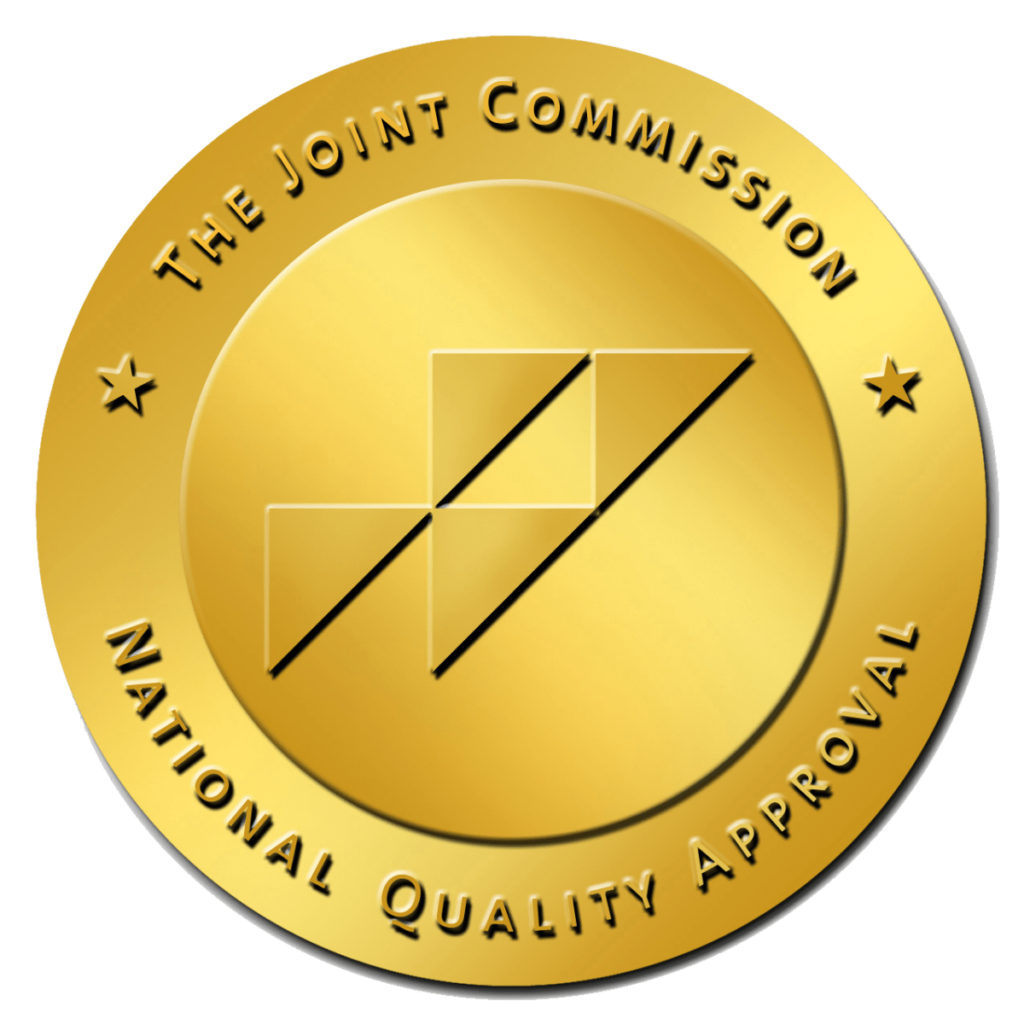Choose Facility
What Are The Symptoms Of Obsessive Compulsive Disorder (OCD)?
It’s estimated that 1.2% of adults in the United States had OCD in the last year. Obsessive-Compulsive Disorder (OCD) is characterized by persistent, intrusive thoughts or images (obsessions) that cause anxiety, and repetitive behaviors or mental acts (compulsions) that are performed in response to these obsessions. OCD can have a profound impact on daily life, making it difficult to work, study, or enjoy social activities.
We will explore the symptoms of OCD, including the common themes of obsessions and compulsions, the physical and emotional symptoms that can accompany the disorder, and the co-occurring conditions that often go along with OCD. We will also discuss the importance of seeking help from a mental health professional if you or someone you know is experiencing symptoms of OCD. By understanding the symptoms and seeking treatment, those affected by OCD can learn to manage their symptoms and improve their quality of life.
An overview of obsessive compulsive disorder (OCD)
Obsessions are the intrusive, repetitive thoughts or images that are characteristic of OCD. They can take many forms, but they all share the common feature of causing anxiety and distress. For example, one common theme of obsessions is contamination. This can include a fear of germs or illness, and an excessive need for cleanliness or hygiene. People with this type of obsession may avoid certain places or objects, or spend a lot of time and effort cleaning and sanitizing their surroundings. Another common theme is a need for symmetry or order. People with this type of obsession may feel compelled to arrange objects in a particular way, or perform certain actions in a specific order.
Obsessions can have a profound impact on daily life, making it difficult to focus on other tasks or enjoy activities. They can cause significant distress and anxiety, leading to feelings of hopelessness and depression. For example, someone with a fear of contamination may avoid social situations, work, or school, in order to avoid exposure to germs. This can lead to social isolation and difficulty maintaining relationships.
It is important to note that having occasional intrusive thoughts is normal, and not everyone who experiences them has OCD. However, for people with OCD, the thoughts are persistent and interfere with daily life. If you or someone you know is experiencing obsessions that are causing distress or interfering with daily activities, it is important to seek help from a mental health professional. With the right treatment, it is possible to manage OCD symptoms and improve quality of life.
What are the symptoms of OCD?
- Persistent and intrusive thoughts, images or urges that cause anxiety or distress
- Repetitive behaviors or mental acts that are done to reduce anxiety or prevent harm, such as excessive cleaning, checking, or counting
- Feeling that these compulsive behaviors must be performed in a specific way or order
- Spending significant amounts of time performing compulsive behaviors or thinking about them
- Feeling distressed or impaired in daily life due to the obsessions and compulsions
- Avoiding situations that trigger obsessions or compulsions, which can interfere with work, school or social life
- Feeling a sense of shame or embarrassment about the obsessions and compulsions
OCD can have a significant impact on physical health, causing a variety of symptoms that can interfere with daily life. People with OCD may spend hours each day performing compulsive behaviors or experiencing anxiety related to their obsessions, which can be mentally and physically exhausting. This can make it difficult to complete tasks or enjoy activities, leading to social isolation and difficulty functioning in daily life.
Contact Sierra Meadows for help with OCD!
Sierra Meadows Behavioral Health is here to help if you are struggling with obsessive-compulsive disorder (OCD). Our clinic offers a variety of evidence-based treatment options to help individuals of all ages overcome OCD symptoms. Our team of professionals will work with you to develop a personalized treatment plan that addresses your specific needs and goals. We provide medication management, cognitive-behavioral therapy, exposure and response prevention therapy, and other evidence-based therapies to help you manage your symptoms and improve your quality of life. Don’t let OCD control your life – contact Sierra Meadows today to schedule an appointment and start your journey to recovery.
Certified by the State Department of Health Care Services. Certification Number: 100011AP. Expiration Date: 12/31/2025. Certification Number: 100011BP. Expiration Date: 06/30/2024.
https://data.chhs.ca.gov/dataset/sud-recovery-treatment-facilities
All Rights Reserved © 2024 by Sierra Meadows Behavioral Health | Sitemap | Privacy Policy |HIPAA Statement | Billing Policy

